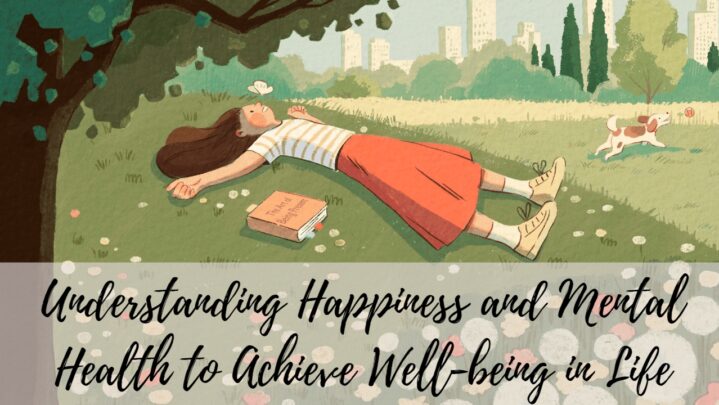The concepts of enjoyment and mental wellness are essential components of the general welfare. Mental health is a condition of emotional and psychological well-being, whereas happiness is a state of contentment and joy. The two are closely related insofar as increased enjoyment may encourage better mental health and vice versa.
Happiness can be hampered by mental health issues including stress, worry, and depression, making it more difficult to achieve and maintain. On the other hand, optimism and happiness can improve mental health by reducing stress, boosting self-worth, and boosting resilience.
Self-care is one strategy for promoting both happiness and mental health. This encompasses actions like Exercise, a good diet, adequate rest, and enjoyment of hobbies and enjoyable activities. To manage and overcome mental health challenges, seek support from a dependable friend, family member, or mental health expert. This can enhance happiness and well-being.
Other behaviors that can promote both happiness and mental health include practicing gratitude and mindfulness. Mindfulness, which centers attention on the here and now, helps ease stress, anxiety, and sadness while fostering a positive mindset. By encouraging a sense of fulfillment and happiness, gratitude can assist in shifting the emphasis from what is lacking in life to what is already present.
Social relationships play a significant role in the junction of happiness and mental health. Healthy friendships, family ties, and community ties can all contribute to happiness and support, which aids in lowering stress and enhancing mental wellness. This can involve giving back to the community, volunteering, or engaging in social activities.
In summary, both mental and general well-being depend on both happiness and mental health, and they are related. We may enhance our happiness and mental health and lead happy lives by placing a high priority on self-care, embracing mindfulness and gratitude, developing solid connections, and getting help when we need it.





